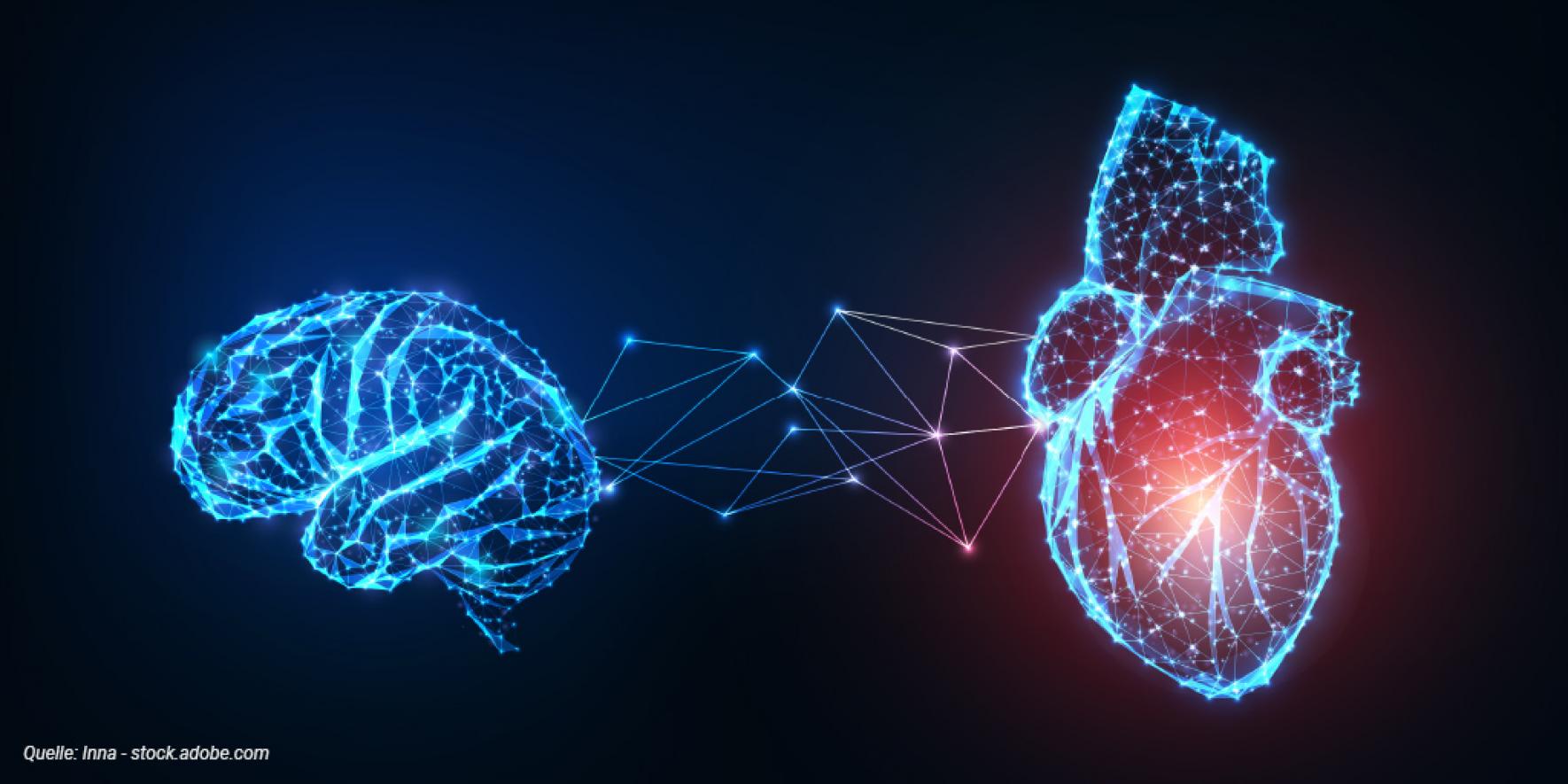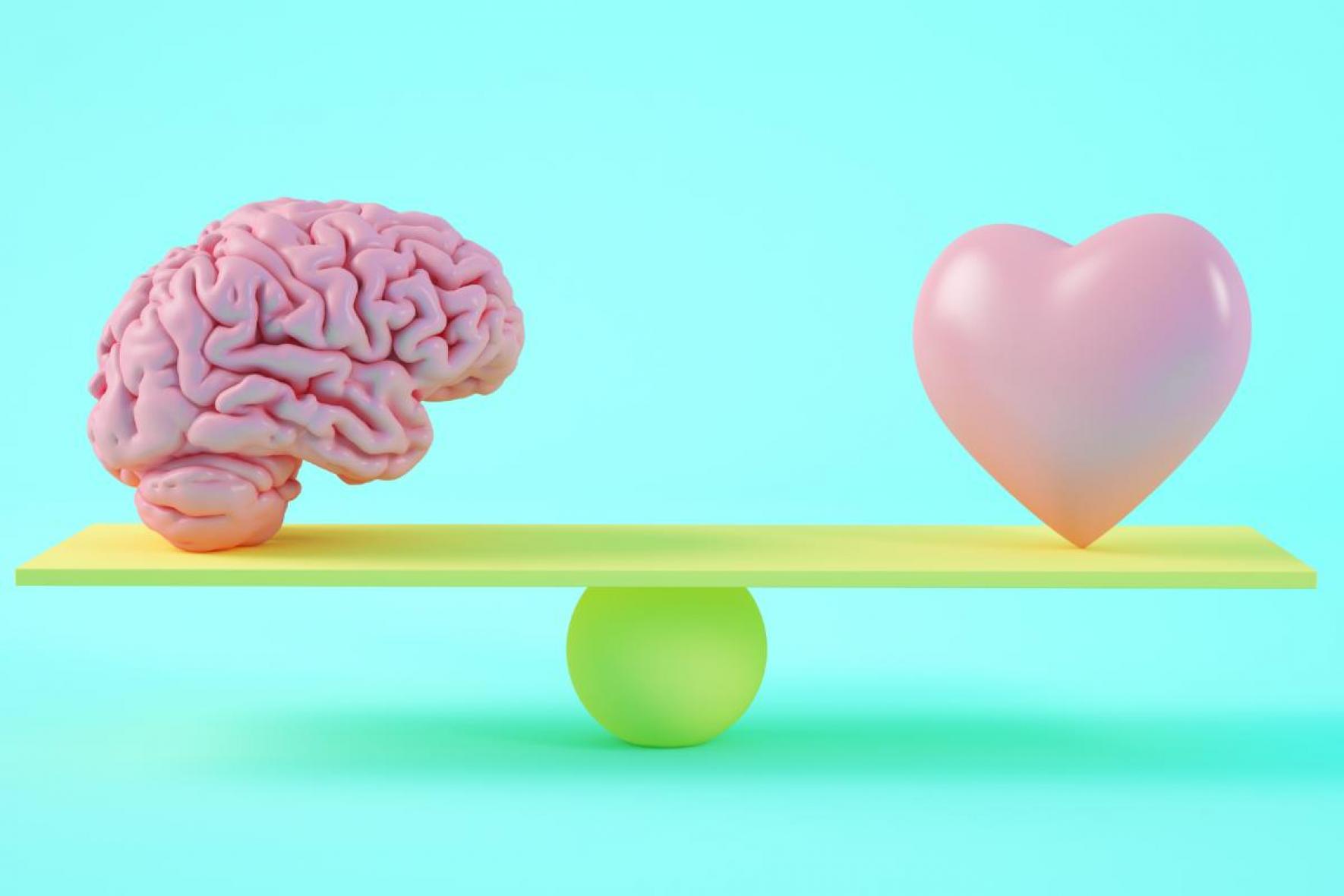Does our heart or mind control us?
For many years, Western scientists and doctors
have studied the heart physiologically and believed that the heart is only an
impulse to send blood to all parts of the body. But this idea of the scholars
is against the texts in the heavenly books that the heavenly books have
established a dominant authority for the domination of the heart. The word
heart is mentioned 148 times in the Holy Qur\'an, where God explains several
commands of the heart, such as the heart that determines man\'s place in the
Hereafter.
(يَوْمَ لا يَنفَعُ
مَالٌ وَلا بَنُونَ إِلا مَنْ أَتَى اللَّهَ بِقَلْبٍ سَلِيمٍ)
Surah Al-Shauara verse 88
“The Day when your wealth and your
offspring will be of no avail, except that you return to Allah with a pure
heart.” Although according to common thought, the mind thinks, understands, and
plans, in the past two centuries we have learned that the heart is more
than a blood drive and the relationship between the heart and the mind is a
two-way power.
Dr. Andrew Armour, one of the founders of
cardiac neuroscience, shocked the world in 1994 by announcing that the heart
has a special nerve organ worthy of being called the cerebellum, which consists
of about 40,000 nerve cells that use the same transmitters regulate the heart
without the assistance of the brain This is what happens in patients undergoing
heart transplantation, in which science has proven that the heart connects
to the brain in four ways.
1. The first way is electromagnetism: Every
heart cell has a magnetic field that can
be recorded on the skin through an ECG.
2. The second way is neural. The
brain controls the heart through a nerve organ that voluntarily transmits
information from the brain to the heart. However, it has recently been
discovered that much information goes in the opposite direction to important
parts of the brain.
3. The third method is mechanical: The right
ear and artery contain mechanical receptors to control the average heart rate
and the amount of blood pumped to the heart. It also affects electrical activity
in the brain.
4. Chemically, the heart releases six
hormones that control the command of your vital brain glands and produce a
protein responsible for protecting brain nerve cells.
Authors Bruce and David McCarthy in the book
Smart Heart say that with each beat, the heart not only pumps blood but also
sends neural, hormonal, mechanical, and electromagnetic messages to the brain
that stores a lot of information. Professor Gary Schwartz and colleagues at
Yale University conducted a detailed study of more than 300 heart transplants
and found that when a heart is transferred from one person to another, the
transplanted heart takes with it the memories, talents, emotions, desires and
details of the recipient\'s life, which is totally different from the
qualities of the person he has his heart for The results of some of these
studies were published in a prestigious paper in the journal Respiratory
Medicine in 1999.
One of these cases was an
18-year-old boy who died in a car accident. The young man had a talent for
writing and singing poetry, and his heart was transferred to a girl of his age.
He must have heard.
In another case, the donor was a
3-year-old child and the recipient was a 7-year-old child. We knew nothing
about the donor After the heart transplant, he developed a fear of water while
he used to love swimming and had no explanation for that fear After reviewing
the doctors and going back to the heart donor record, they were all surprised to
learn that the donor had drowned This is proof that the heart is much more than
just a water engine that pumps blood to our bodies.
Written by: Shano Raouf Yarahmed
3rd semester student in
Nursing Department



